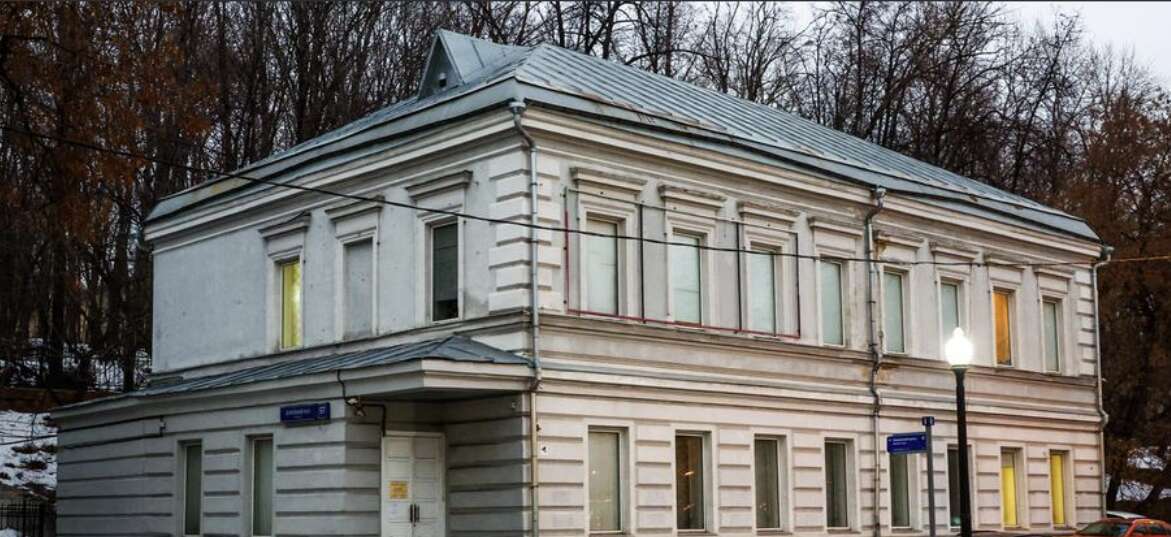Russia Cracks Down on Dissent: Prominent Human Rights Organization, Sakharov Center, Forced to Shut Down
The Sakharov Center, a prominent human rights organization in Russia, has been shut down by court order, as part of the government's crackdown on dissent and opposition groups. This closure adds to the concerns about shrinking civil society and freedom of expression in the country.
The Sakharov Center, a prominent human rights organization in Russia, has been shut down by a court order, adding to the ongoing crackdown on dissent in the country. The organization, dedicated to preserving the legacy of Nobel Prize laureate Andrei Sakharov, was accused of illegally hosting conferences and exhibitions.
Since its establishment in 1996, the Sakharov Center has been a hub for debates, exhibitions, and other events promoting human rights and freedom of conscience in Russia. In 2014, the center was declared a foreign agent, and this year it was ordered to be evicted from its premises.
The closure of the organization is seen as part of the Kremlin's efforts to silence liberal-leaning groups challenging official narratives, including those about Moscow's military campaign in Ukraine. Andrei Sakharov, a renowned physicist and human rights activist, played a key role in developing the Soviet Union's hydrogen bomb program but later became known for his advocacy of human rights and freedom of thought.
He was awarded the Nobel Peace Prize in 1975 but was not permitted to travel to Norway to receive it. Sakharov was sent into internal exile in 1980, which lasted for six years. In honor of his contributions, the European Parliament established the Sakharov Prize, an honorary award for individuals or groups dedicated to the defense of human rights and freedom of thought.
The closure of the Sakharov Center is part of a broader crackdown on dissent in Russia, with numerous opposition figures, independent news outlets, and human rights groups facing repression. Recently, Grigory Melkonyants, the leader of the Golos independent election monitoring group, was detained and charged with involvement in an undesirable organization.
Golos, once a member of the European Network of Election Monitoring Organizations, has played a crucial role in independent monitoring of elections in Russia. The government has increasingly targeted independent journalists, critics, activists, and opposition figures, intensifying its efforts during the conflict in Ukraine.
Multiple independent news outlets and rights groups have been shut down, labeled as foreign agents, or declared undesirable. This crackdown on dissent has raised concerns about the shrinking space for civil society and freedom of expression in Russia.
The closure of the Sakharov Center and the arrest of Grigory Melkonyants are the latest examples of the Russian government's hostility towards organizations and individuals defending human rights and promoting democratic values. The authorities have also targeted social media platforms and online services, imposing fines and restrictions on their operations.
The Kremlin's campaign to silence dissent and control the narrative reflects a growing trend of authoritarianism in Russia and poses significant challenges to the country's civil society and democratic institutions. However, activists and supporters of human rights remain determined to continue their work, emphasizing that the legacy of Andrei Sakharov belongs to the people and cannot be suppressed by the regime.




